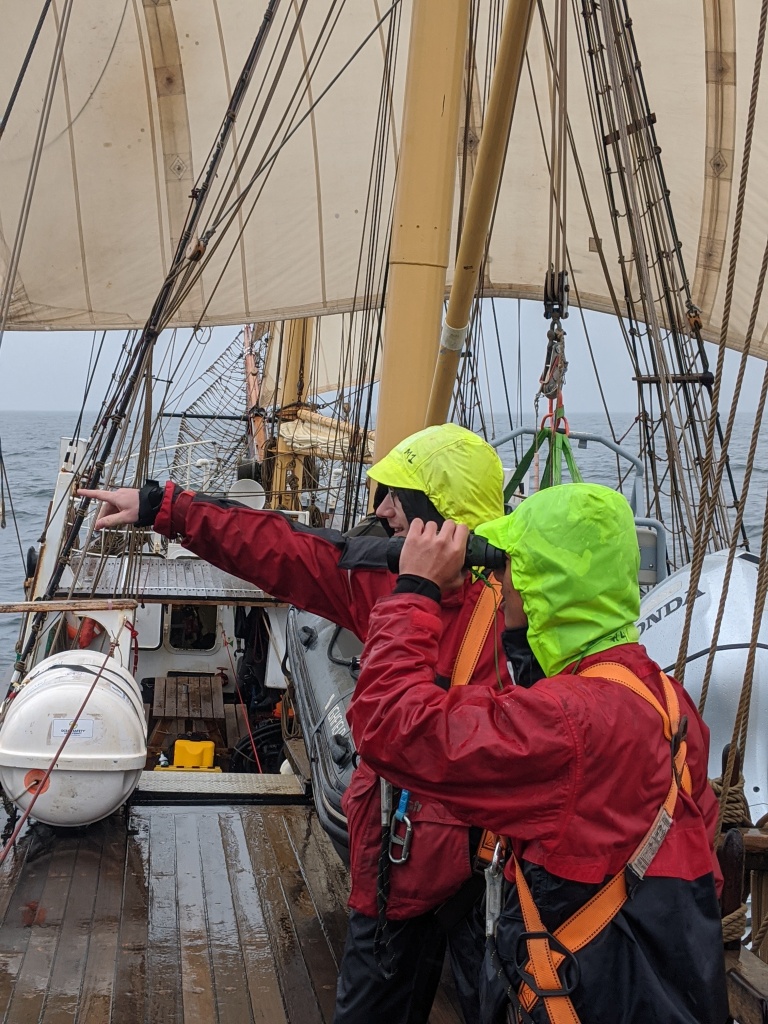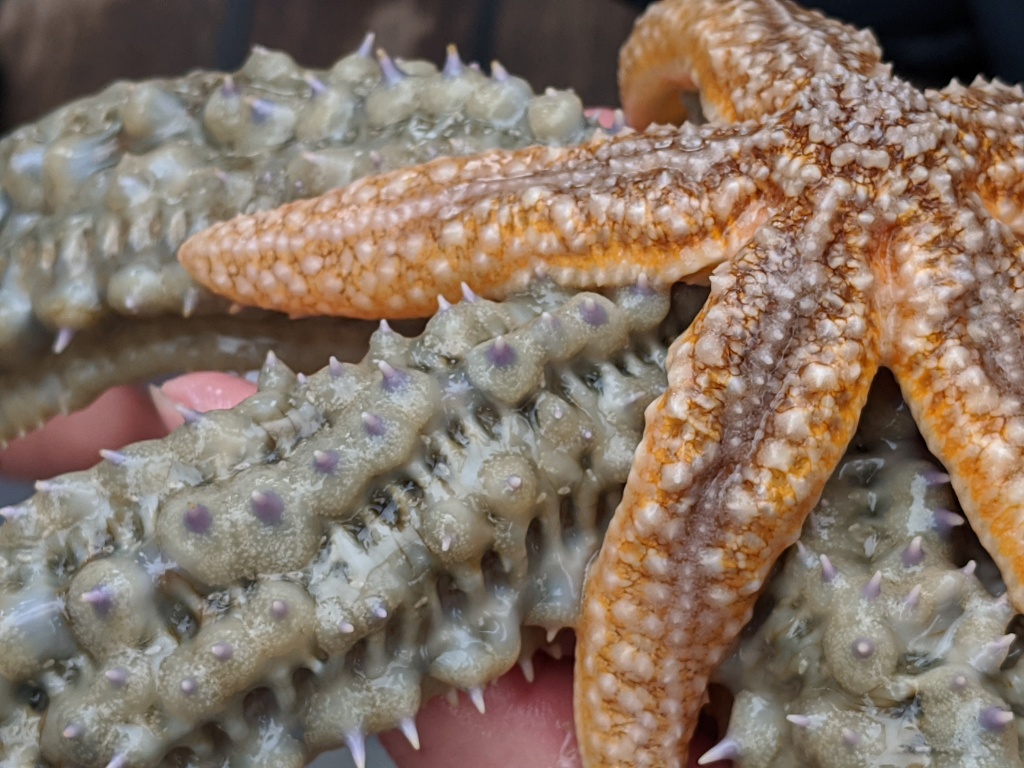Whatever your perception of a challenging habitat is, you’ll be experiencing one.
Challenges lead to learning, as we rise to them and succeed in finding a way forward, or as we develop resilience from the feedback we receive when we don’t.
Do you require a new perspective on learning in your project?
Challenging Habitat combines experience in environmental science and technology with communication, education and resilience training to support your process of learning and growing.
Example Science Education Project: Darwin200 Voyage in Summer 2020
In summer 2020, the tall ship Pelican of London was chartered from the sail-training charity Seas Your Future by the organisation Darwin200.com for a seven-week circumnavigation of the British Isles. Apart from the sail-training of young people, the voyage was also intended to introduce ocean and environmental science to a young audience.
I put together a scientific programme that combined background knowledge with scientific experiments designed to bring theory to life and investigate the natural world and human impacts upon it. Below are some images from the voyage, for which I led the scientific programme with workshops and practical work between Glasgow and Bass Rock near Edinburgh.
During the voyage, the young scientists were enthusiastic learners and the hyperlinks in the following paragraph links to videos filmed during the voyage, each summarising the outcomes of an individual science project. Although I coached the young people during the production, the videos really showcase the young people’s perception, what they found and learned, their engagement with nature, science and sustainability and also their eloquence in expressing their insights. In addition to these science project videos, you can see many more episodes of life on the ship here.
The young scientists learned how to take and analyse nutrient samples in seawater and what the different concentrations may mean for coastal ecology. They investigated micro-plastics in water, washing machine effluent and the air within the ship’s mess and undertook macro-plastic surveys on beaches and underwater. Dolphin watching took on a different meaning with the results of dedicated surveys of cetaceans and large fish being used for conservation efforts by the Sea Watch Foundation. We ran a wind turbine design competition and installed a (real) wind turbine on the ship. Dr Rohan Holt enthralled us with his expert commentary and video footage of the underwater world. Even studying sea surface temperature can lead to new insights for young people.









